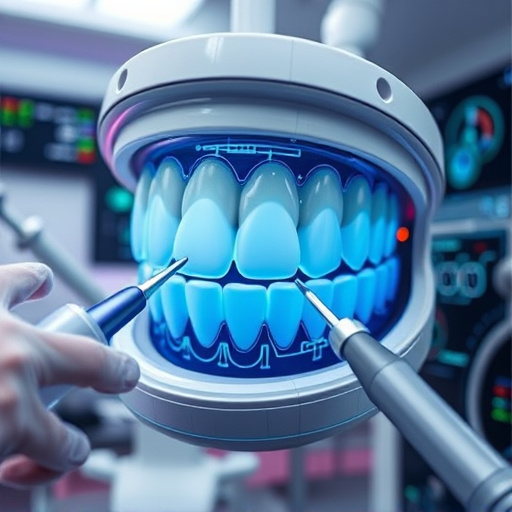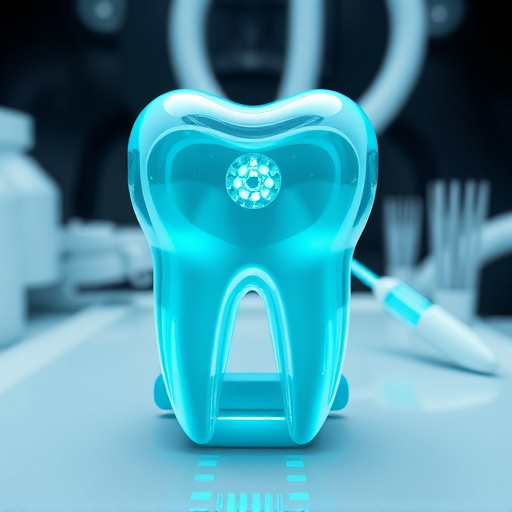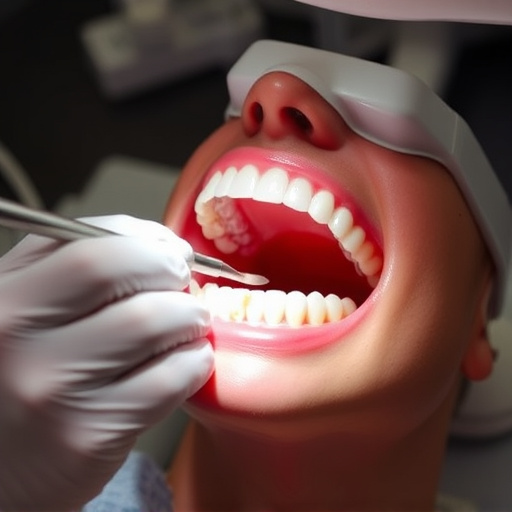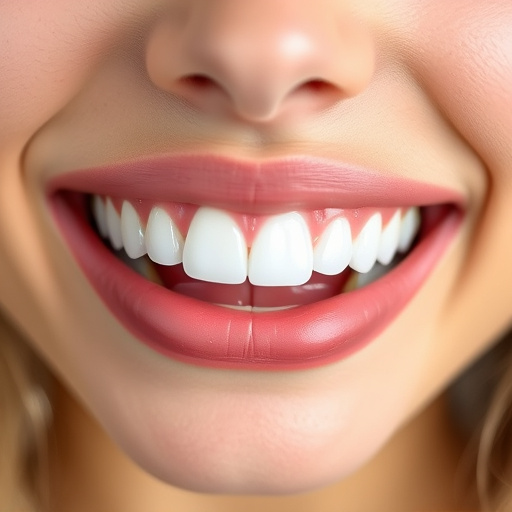Tooth sensitivity, caused by exposed dentin and pulp, is managed through comprehensive dental care, including regular cleanings and addressing underlying issues like impacted wisdom teeth or gum recession. Modern treatments range from desensitizing products to advanced procedures, with emergency care available for severe cases. Post-treatment, proper oral hygiene practices and specific toothpaste usage help restore confidence in daily activities, such as chewing and smiling, for long-term relief. Severe cases may require cosmetic fillings, wisdom tooth removal, or dental implants.
Tooth sensitivity can disrupt daily routines and confidence. This condition, characterized by sudden pains to cold or hot stimuli, often stems from exposed dentin or receding gums. Various factors like brushing too hard, certain foods, and even climate conditions can trigger it. Understanding these causes is the first step towards effective treatment. From desensitizing toothpastes to professional procedures, exploring the right options can restore comfort. Adopting post-treatment habits, such as gentle brushing and avoiding acidic foods, ensures lasting relief and a renewed sense of confidence in daily oral care rituals.
- Understanding Tooth Sensitivity: Causes and Common Triggers
- Exploring Effective Treatment Options for Sensitive Teeth
- Restoring Confidence: Post-Treatment Habits for Lasting Relief
Understanding Tooth Sensitivity: Causes and Common Triggers
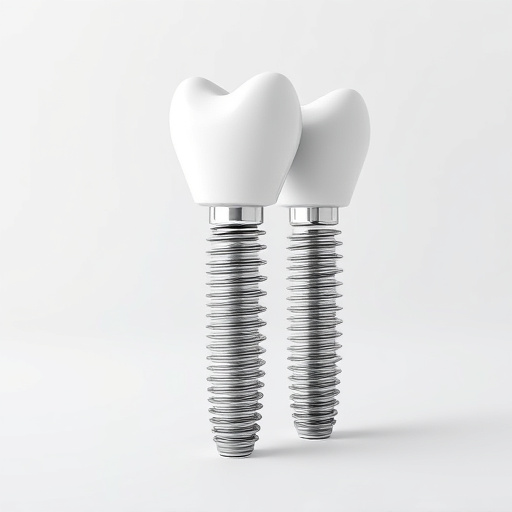
Tooth sensitivity, a common dental concern, can be caused by various factors. It often arises due to the exposure of the tooth’s inner layers, including the dentin and pulp, which are sensitive to temperature changes and certain foods. This exposure can result from enamel wear, receding gums, or damage to the protective tooth structure.
Various triggers contribute to tooth sensitivity, such as consuming cold or hot beverages, eating acidic foods like citrus or tomatoes, or even breathing through your mouth. Wisdom tooth removal is sometimes required when these teeth become impacted or cause sensitivity due to their position in the jaw. Additionally, inadequate oral hygiene and missing teeth can lead to gum recession, making teeth more susceptible to sensitivity. Comprehensive dental care, including regular dental cleanings, plays a vital role in maintaining oral health and managing sensitivity by addressing these issues proactively.
Exploring Effective Treatment Options for Sensitive Teeth
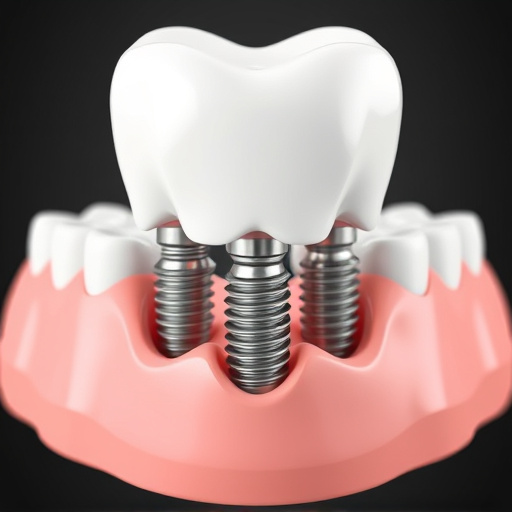
Sensitive teeth can be a frustrating and embarrassing issue, impacting daily routines from enjoying cold drinks to smiling confidently. Thankfully, exploring effective treatment options for tooth sensitivity is now easier than ever before. Modern dentistry offers a range of solutions tailored to different needs, from desensitizing toothpastes and oral rinses to more advanced procedures like protective coatings and in-office treatments.
Children’s dentistry plays a crucial role in managing early-onset sensitivity, while restorative dentistry techniques can effectively repair damaged teeth contributing to the problem. For urgent cases, emergency dental care services are available to provide quick relief from severe tooth sensitivity. By addressing the root cause and selecting the most suitable treatment plan, individuals can regain their confidence and enjoy a full spectrum of daily activities without fear of tooth discomfort.
Restoring Confidence: Post-Treatment Habits for Lasting Relief
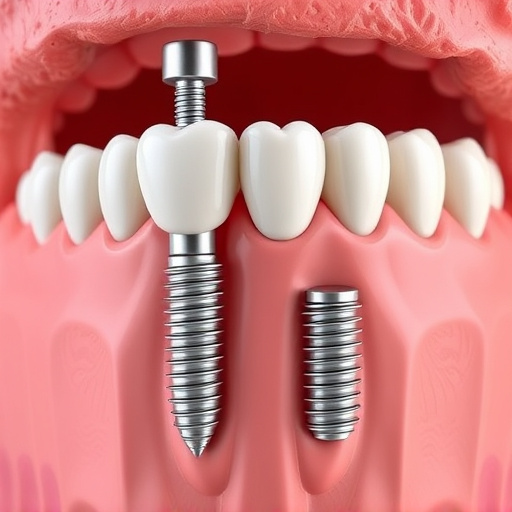
After successful tooth sensitivity treatment, restoring confidence in daily habits is crucial for long-term relief and overall well-being. Many individuals often avoid certain foods or activities due to fear of triggering sensitivity pain. However, with the right post-treatment habits, you can regain your confidence and enjoy a normal routine once again.
Regular oral hygiene practices are essential, including brushing twice daily with a soft-bristled toothbrush and using fluoridated toothpaste. Additionally, incorporating desensitizing toothpastes into your routine can provide ongoing protection against sensitivity. For more severe cases, dental professionals might recommend cosmetic fillings or wisdom tooth removal to address the underlying issue. In some instances, advanced treatments like dental implants can restore oral health and confidence, allowing you to bite, chew, and smile with ease.
Tooth sensitivity can significantly impact daily life, but with the right treatment and post-care habits, individuals can regain confidence in their oral routines. By understanding the causes and triggers, exploring effective options like desensitizing toothpaste and professional treatments, and adopting new practices afterward, sensitive teeth can be successfully managed. Restoring confidence means embracing a fresh perspective on oral care, ensuring long-lasting relief and a happier, healthier smile.

